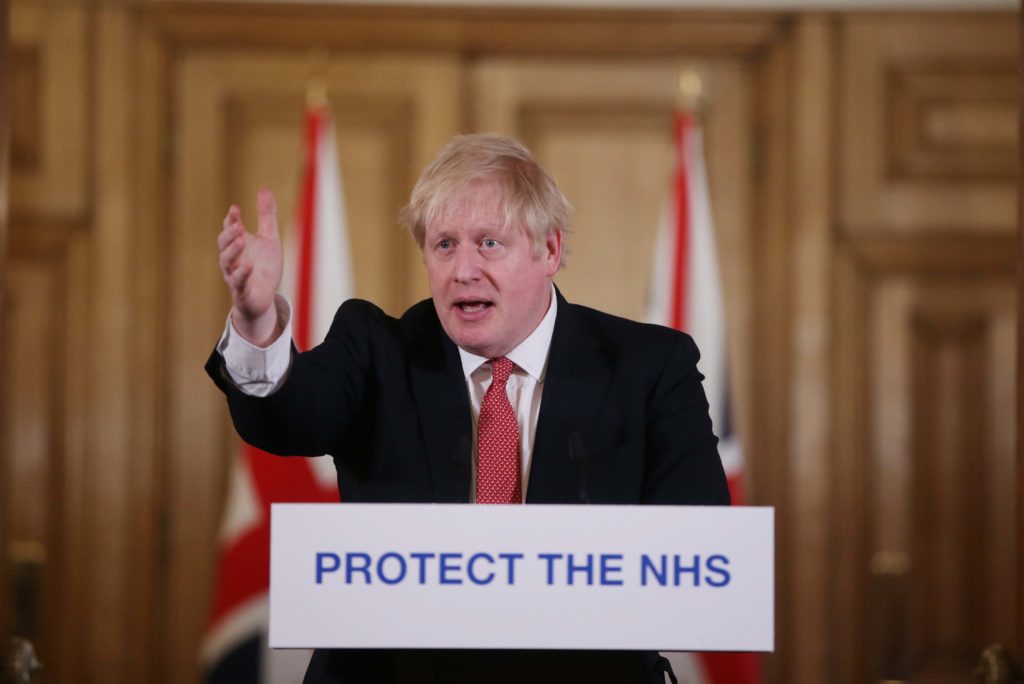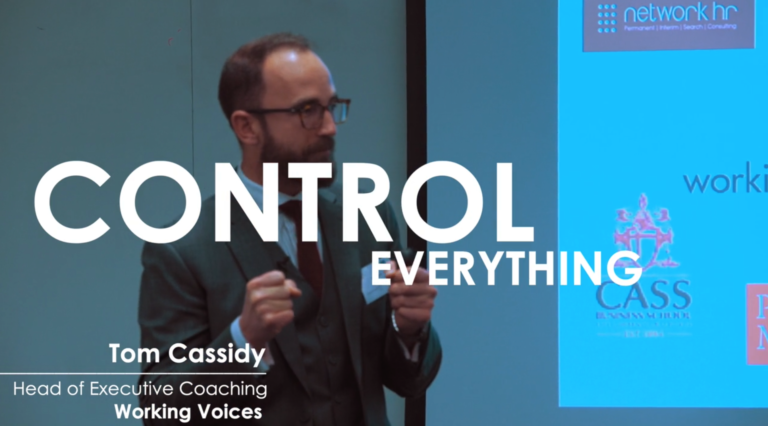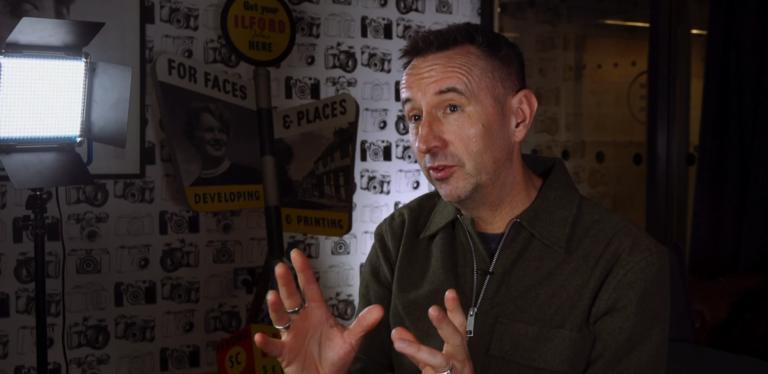As the UK lockdown continues, we should be looking round the corner more in our approach to managing Covid-19, says a UK health expert. Professor John Ashton is calling for a broader sense of agility and vision from politicians. Ashton, a former regional director of public health for north-west England, wants a more perceptive approach to crisis management. He told Working Voices that politicians should be “trying to anticipate what’s coming next, planning what you need to do, trying to see round corners”.
The UK should “stand back, talk to other people and see what’s happening elsewhere”, Ashton said. On March 12, Ashton made national headlines when he described the UK government’s response to the outbreak as “pathetic”. His comment came after China imposed a lockdown in cities in Hubei province on January 23 and Italy ordered a nationwide lockdown on March 9. Later, Spain ordered a lockdown on March 15 and France on March 16. A day after Ashton’s comments, on March 13 the UK’s chief scientific adviser Sir Patrick Vallance talked of millions of Britons contracting coronavirus as a way of controlling the impact of the disease: “About 60% is the sort of figure you need to get herd immunity,” he told Sky News. The UK eventually went into lockdown on March 23.
Ashton says in addition to tackling immediate issues, leadership must embrace a far-reaching perspective. Problems must be perceived in advance and managed before they arrive. In looking ahead, Ashton says we may need to take action to stop prisons and hospitals becoming hotbeds of virus transmission. In China and Iran, large numbers of prisoners were released to ease over-crowding and limit the possibility of outbreaks. Ashton is not advocating the same here, but he’s concerned about the UK’s overcrowded prison system and its “insanitary” Victorian buildings. This puts not only prisoners at risk but also prison officers, medics and maintenance staff. The solution may require a wider, more far-reaching strategy that might involve moving inmates from one prison to another. “It’s complex”, says Ashton, but “we’ve created a rod for our own back by not addressing that in time”.
He has similar concerns about hospitals, citing the 1918 Spanish flu when it was sometimes more dangerous to be in hospital than in the community. “We’ve got to get on top of that”, says Ashton, by perhaps reserving hospitals “only for the most serious patients”, though he suggests it might be too late for that: “There still doesn’t seem to be enough looking ahead and trying to see round the corners”. According to Professor Andrew Goddard, president of the Royal College of Physicians, around one in four NHS doctors have already been signed off from work, sick or in isolation.
Ashton is also concerned about the health and wellbeing of truck drivers in food supply chains and the contingency for preparing for sickness rates of up to 25% in the workforce. “This may make the supply chains very fragile.” Ashton says: “These are the sort of things that should be going on round the table” – though he goes on to voice concerns about the Prime Minister Boris Johnson who is suffering mild symptoms of Covid-19 and is self-isolating. “My concern …is whether he’s able to do that job properly when he’s confined to his home rather than be fully engaged, even if it’s virtually, with the other members of the cabinet and the much wider circle of advisers that he really needs to be engaged with”.
In Britain, emergency management at cabinet level is overseen by an ad hoc group of ministers and experts, whose membership varies according to the nature of the crisis. In an emergency, leaders of government departments, local authorities and outside agencies meet in Cabinet Office Briefing Rooms (abbreviated to ‘cobra’). But Ashton says without sufficient vision the system isn’t working as it should do: “The thing that really bothers me has been the failure of the Cobra system to function as a proper gold command.”
In the US, the governor of New York state Andrew Cuomo also believes that leaders must actively look for what lies ahead: “…we want to anticipate this situation. We talked yesterday about planning forward, getting ahead of it, that we have been behind on this virus from day one and rather than be reactive, be proactive, get ahead of it,” Cuomo told reporters on March 29. As part of his own approach to leadership, Cuomo has implemented a policy of “rolling apex” in which he and his staff anticipate that the peak of the outbreak will occur at different times in different places.
As politicians around the world are quickly discovering, a crisis is an unforgiving crucible in which leadership is stretched further than usual practice. Providing for known unknowns is one thing. But in the global pandemic we are facing together, nothing was ‘known’ from experience. We have not seen something like this in a century. Businesses, like governments, are digging in, bracing for an uncertain future and trying to anticipate what that might look like. Seeing round a corner is especially testing when no-one can say what lies there for certain.
One difficulty leaders sometimes face is agility. Jeff Bezos, Amazon’s CEO, once said that “Big trends are not that hard to spot, but they can be strangely hard for large organizations to embrace.” Professor Ashton’s wider point is that when organisations, whether governments or businesses, are dislodged from the day-to-day, they must get beyond a knee-jerk command-and-control mindset. Rita McGrath, professor of management at the Columbia Business School, says the key to seeing round corners, is being “discovery-driven” in which she suggests that: “Having a detailed plan going eighteen months out is just wasting your breath. Instead, articulate and pinpoint the major uncertainties and how you might gain some insight about them.”
In discovering solutions in an unexpected or rapidly changing environment, McGrath makes the point that those with real insights into strategic agility are often the people close to the coal face of the organisation. This chimes with Ashton’s comments made on March 12: “You need to be out and about. You need to get your hands dirty – though preferably gloved and using frequent gel.” McGrath suggests the senior leadership role is often more about providing a space for those insights to be heard. She urges leaders to recognise significant opinions and empower those with the most knowledge to do something about them.
Maintaining control in any large organisation can be testing at the best of times. When a crisis creates challenges around corners that we’ve never before encountered, perhaps our greatest asset is agility. In the UK, switching from a passive strategy of herd immunity in favour of an active lockdown was a decisive shift in position. Whether the future focus of the outbreak embroils prisons, hospitals or supply chains, the lesson has been learned. Agility serves us well. We’ll need it again when facing whatever element of this rapidly unfolding crisis happens to hit us next.






